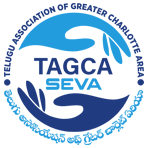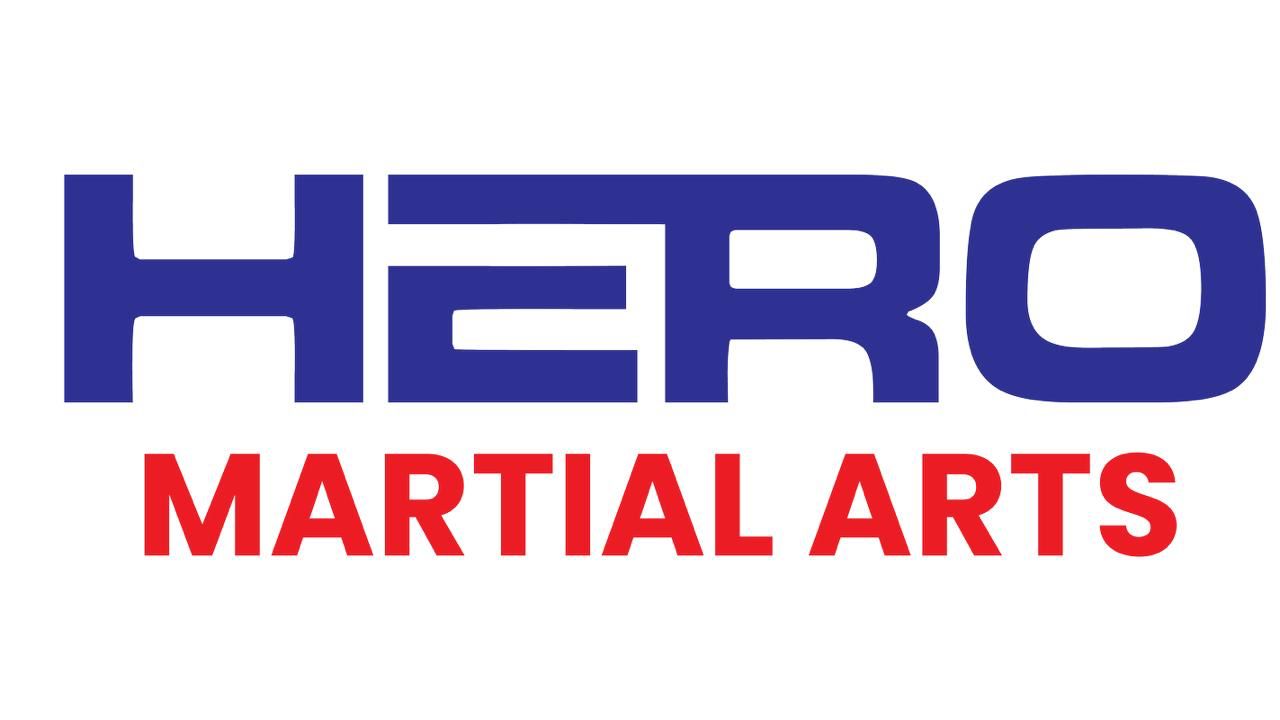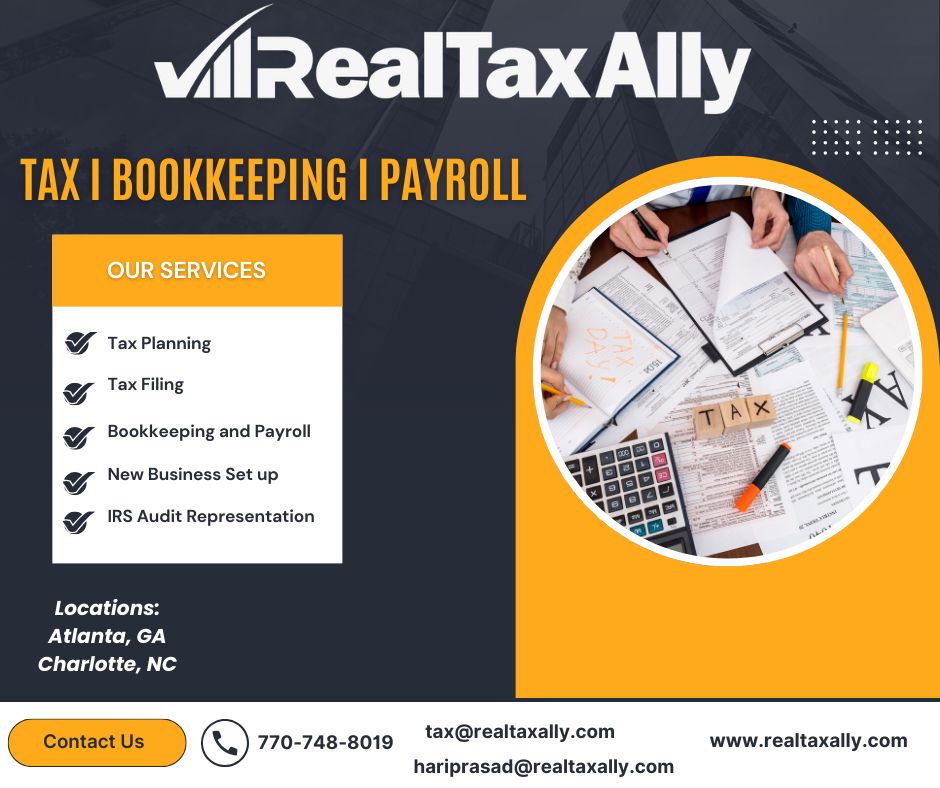



Latest News
Constitution and By-Laws
The Executive Committee shall prepare the annual budget and publish it by end of June.
The Treasurer shall open a Savings and Checking account for TAGCA at any federally insured financial institution. Checks for disbursement of funds up to $500 shall require only one signature that of the treasurer.Checks for amounts exceeding this require two signatures, one of Treasurer and one the President.>
Any budgeted item exceeding $1000 or unbudgeted expenditure exceeding $500 shall require approval of the Executive Committee.
There shall be an interim financial report presented to Executive Committee at scheduled meetings and an annual financial report to the General Body.There shall be an annual audit of TAGC Accounts.
The Executive Committee shall have the power to make, adopt, alter, amend and repeal, from time to time, by-laws of TAGCA by two-thirds vote of the full Executive Committee in a duly convened meeting, except by-laws dealing with number, composition and election of Executive Committee.Any amendments made by Executive Committee can be overruled by a special meeting. Any amendments to exceptions noted above shall require approval of general body.
By-Law amendments 2019
By-Law amendments 2010
By-Law amendments 2017
By-Law amendments 2017_1
Articles of Incorporation may be altered, amended or repealed pursuant to the procedure stated below:
The Executive Committee may propose an amendment to the Articles of Incorporation by two-thirds vote of the full Executive Committee without the use of proxy voting in a duly convened meeting of the Executive Committee.
Any member of the TAGCA who is entitled to vote may propose an amendment to the Articles of Incorporation provided the proposal is supported by at least 15% of the eligible members.
Any proposed amendment shall remain on file with the Secretary for at least sixty days before it may be acted upon.
During the sixty day period, the matter shall be brought to the attention of the voting members of TAGCA at least thirty days prior to the meeting during which the proposal will be acted upon.
All proposed amendments will be submitted to the committee designated by by-laws to review the amendments to the Articles of Incorporation before they are submitted to the members.
Such proposed amendments may be passed by a written ballot only at a regular or special meeting at which at least two-thirds of eligible members are present. Such proposal shall be deemed approved if approved by at least two-thirds of the majority.
No amendments shall change the purpose and objectives of TAGCA nor authorize the Executive Committee to conduct affairs of TAGCA in any manner inconsistent with North Carolina law or IRS.
Directors of TAGCA shall not be personally liable, either directly or indirectly, to either the association or its members for monetary damages for breach of fiduciary duties unless the breach involves
1) a Director’s duty of loyalty to TAGCA;
2) acts or omissions not in good faith or which involve intentional misconduct to a knowing violation of law;
3) a transaction from which the Director derived an improper personal benefit. Any repeal or modification of this article shall be prospective only and shall not diminish the rights or expand the personal liability of the Director with respect to any act or omission occurring prior to the time of such repeal or modification.
Except as otherwise limited by the articles of incorporation or the Bylaws, the corporation shall have all the powers of a not-for-profit organization registered under the laws of North Carolina.
Upon the dissolution of the corporation, the Executive Committee shall, after paying or making provisions for the payment of liabilities of the corporation, dispose of all the assets of the corporation exclusively for the purpose of the corporation in such a manner, or to such organization or organizations organized and operated exclusively for charitable and religious purposes as shall at the time qualify as an exempt organization or organizations under section 501(c)(3) of the Internal Revenue Code of 1986 (or the corresponding provision of any future United States Internal Revenue Law), as the Executive Committee shall determine.


























